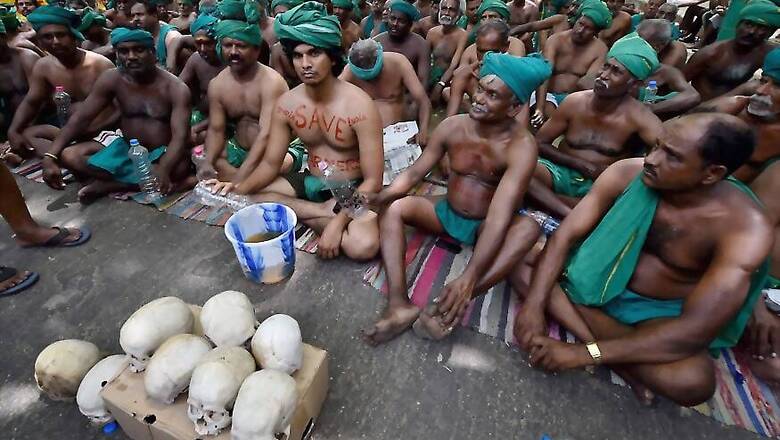
views
New Delhi: Delhi is no stranger to protests. Being a capital city, every day tens of marches and sit-ins take place here. So much so that there is a designated place near Jantar Mantar where all kind of protesters are allowed to come and raise their voice. But the real challenge is to make those in the corridors of power, a few hundred meters away, listen to your demands.
Through their 40-day-long Satyagraha, a group of 200 farmers from Tamil Nadu managed to achieve what many powerful groups have failed to do. From holding dead rats in their mouth to conducting mock funerals, to threatening to drink their own urine, the drought-hit farmers put Delhi to shame before conditionally suspending their agitation after Chief Minister Edappadi K. Palaniswami visited the protest site and assured them of assistance within a few weeks.In Pictures: After skulls, saris and rats, protesting TN farmers pick up Modi masks
Tamil Nadu is facing its worst drought in 140 years, which has led to hundreds of farmer suicides. The 40-day protest in temperature of above 40 degrees Celsius has made its mark in the history. Here’s a look back: ‘We know what heat and lack of water feels like’
Sivakumar, 56-year-old farmer from Nagapattinam said: “The heat was intense and we found it tough to get basic facilities like toilets, drinking water and food. But we are no strangers to gruelling conditions. It hasn’t rained in my village for two years. We know what heat and lack of water feels like. We may be living on the street in Delhi, but this is nothing compared to the hardship our families are facing back home. We have no choice.”
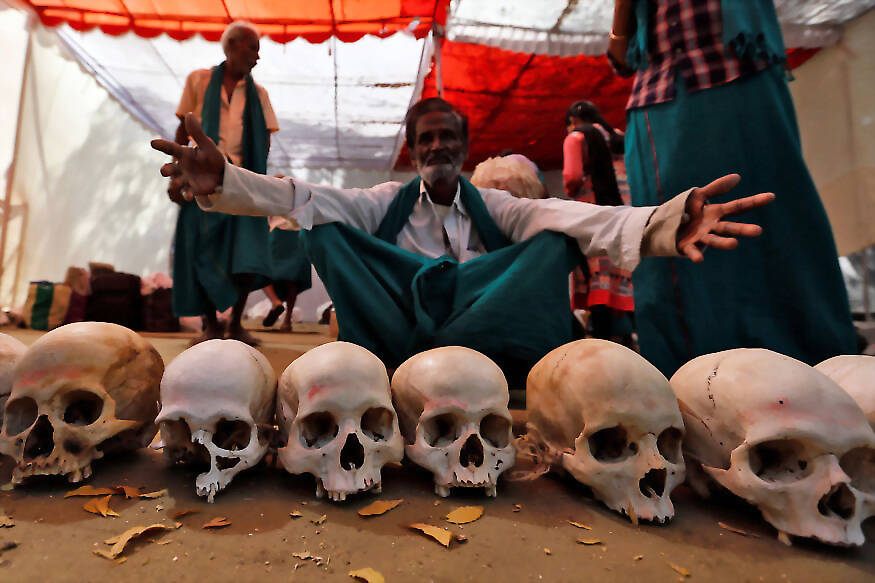
The farmers had to resort to mortifying means to grab the attention of the political masters.They held dead rats in their mouths, shaved half their heads and moustaches, mean worn women’s clothing, some even slashed their hands and conducted mock funerals. Despite all this, no minister or senior bureaucrat visited them for more than five weeks. On Saturday, farmers announced that they will drink their own urine. P Ayyakkannu, the state president of the National South-Indian Rivers Linking Farmers’ Association said, “There is a reason farmers decided to adopt this means of protest. We wanted to show the authorities the real condition of Tamil Nadu farmers. The government needs to know our condition. We have no water. If Modi gives us water, we will not have to drink urine.”‘Bangla Sahib Gurudwara, a godsend for us’
In these bleak times, the farmers found an unexpected ally — the Bangla Sahib Gurudwara. “In the first ten days of the protest, we would have died of starvation had it not been for the kind people at Bangla Sahib Gurudwara. We found out that the Gurudwara was just about a kilometre away from the protest site. When public toilets were getting overcrowded, some of us walked for 15 minutes to the Gurudwara and used the toilets there. When there was no food, we would eat at the langar. It was godsend for us. It kept us alive in those days,” said 63-year-old S Jayaraman, who has a loan of Rs 8 lakh to repay.
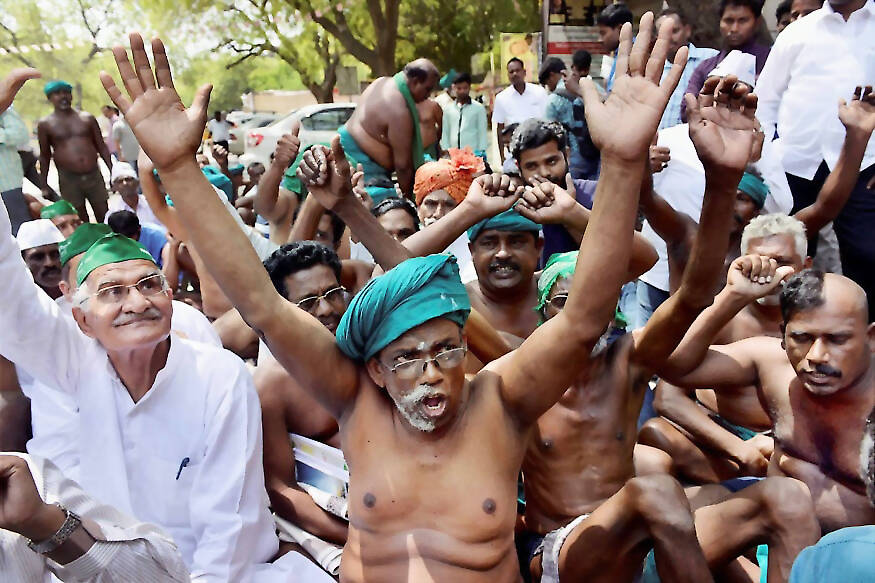
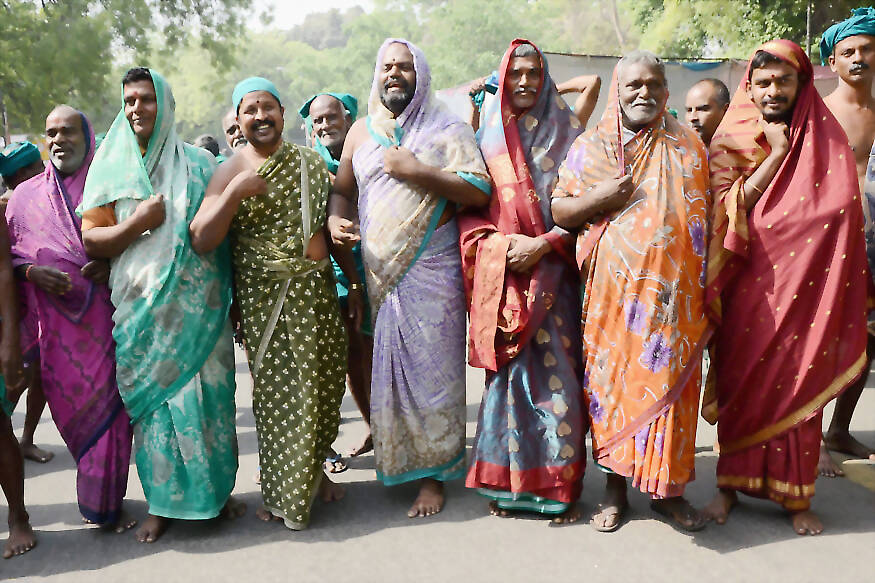













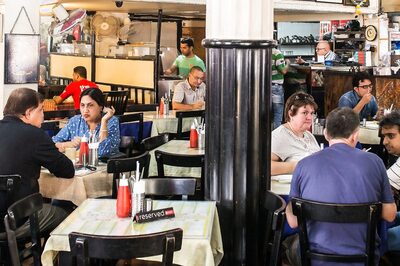
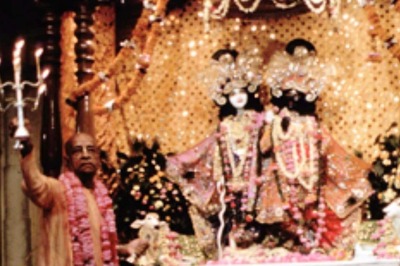




Comments
0 comment